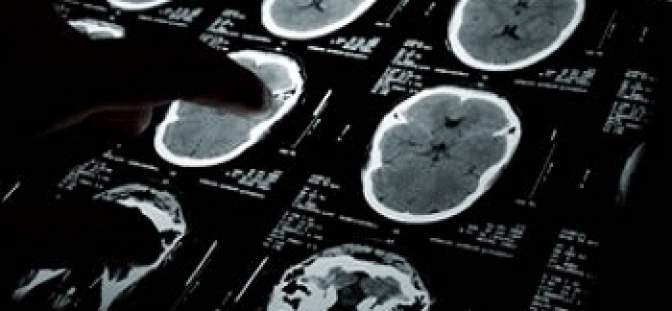One of the greatest ongoing difficulties in the medical community continues to be bacterial resistance to antibiotics. In a study by the University of Queensland, the University of Melbourne, and Griffith University, their experimentation on a purported treatment for Alzheimer’s disease has shown promise for antibiotic resistance.
According to the findings, released in Science Translational Medicine, the experimental treatment of Alzheimer’s disease, known as PBT2, was determined to be effective at eliminating a form of bacteria called Gram-negative bacteria, common in cases of pneumonia.
“The emergence of antibiotic-resistant superbugs is an urgent threat to human health, undermining the capacity to treat patients with serious infection,” a press release of the findings states.
“Led by UQ’s Dr. David De Oliveira, our team hypothesised that, by using this experimental Alzheimer’s treatment to disrupt the metals inside these bacteria, we would also disrupt their mechanisms of antibiotic resistance.”
Researchers determined, based on studies of rodents, that the experimental Alzheimer’s drug was effective at eliminating polymyxin-resistant bacteria when used in combination with polymyxin.
Overall, the findings of this experimental drug may pave the way for transitioning some in-effective antibiotics into effective drugs for treating infection.


